Advertisement
Search engines have long been the main gateway to online information. Google, in particular, has dominated this space for decades, shaping how we discover content, products, and services. But as AI assistants like ChatGPT grow more capable, people are starting to ask a new question: Do we still need search engines the way we used to?
ChatGPT can deliver direct answers, synthesize long articles, and even explain complex topics in everyday language. This shift isn't just about convenience—it could change how we interact with the web itself. Whether that spells trouble for traditional search depends on how people adapt.
Search engines return a list of links ranked by relevance and popularity. The user still needs to do the reading, click around, compare sources, and decide what matters. ChatGPT, by contrast, skips the list entirely. It gives you a full sentence answer, sometimes paragraphs, summarizing the information without requiring you to visit multiple sites. This is a big draw for users who want quick explanations.
That said, ChatGPT doesn't search the live web unless it’s connected to real-time data sources. Its responses are based on patterns and knowledge it was trained on, so while it can sound convincing, it may not reflect the most current or accurate information. A search engine, despite being less conversational, pulls directly from the latest sources. This gives it an edge for real-time data like news, sports scores, stock prices, or anything fast-moving.
ChatGPT is often compared to search engines because of its ability to respond to questions, but it’s closer to a personalized explainer than a content indexer. While search engines point you to where the answer might be, ChatGPT attempts to be the answer. That difference defines the growing tension between the two tools.
ChatGPT performs especially well when users ask for summaries, writing help, or conceptual breakdowns. If someone wants to understand quantum physics in simple terms or needs help crafting a job application, it can produce results that would take far longer to find and piece together using a search.
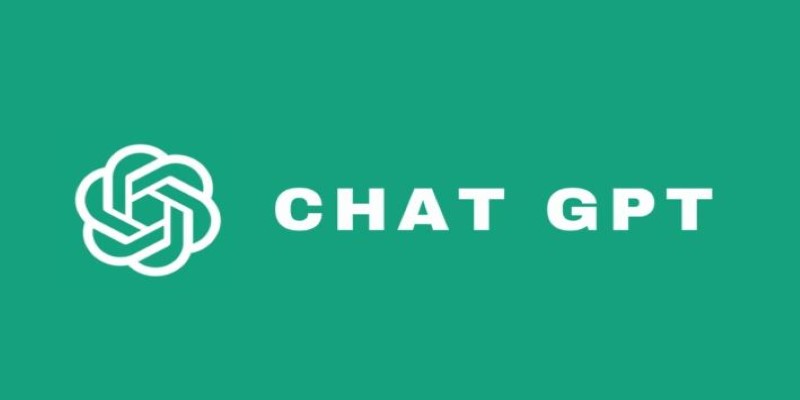
It's also gaining traction in education, coding, customer service, and even therapy-style chat. These aren’t traditional use cases for a search engine. They involve interpretation, generation, and sustained interaction—things search engines don’t do natively.
Still, there are areas where ChatGPT can't match the breadth and neutrality of a search engine. Suppose you're comparing prices for a specific product, trying to book travel, or looking for a business with updated hours. In that case, ChatGPT isn't reliable unless plugged into external APIs or live search tools. Even when connected to the web, it sometimes summarizes content in ways that lose subtlety or context, which can mislead users.
Moreover, search results often include opinions, reviews, images, videos, and community forums. These give users more to explore and trust. ChatGPT collapses all that into a single voice, which limits the diversity of perspectives.
Search engines are already feeling the pressure. Google has begun integrating its AI-powered summaries at the top of some queries. Bing has tied itself closely to ChatGPT, adding conversational answers beside traditional search results. The fact that both companies are moving in this direction suggests they don't see chat interfaces as a gimmick—they see them as a genuine shift in user expectations.
When people ask ChatGPT questions like “What are the pros and cons of electric cars?” or “What should I say in a job interview?” and receive a clean, useful response, they may not feel the need to open a new browser tab. This reduces clicks to websites, which in turn affects ad revenue models that search engines rely on. If AI tools continue to get smarter and more connected, more search traffic could be siphoned away.
That doesn’t mean search engines are going extinct. Instead, they’re likely to evolve. Hybrid systems—where chatbots pull from live web sources and credit publishers—may become the standard. This way, users still get direct answers, but the web ecosystem that supports them stays alive.
AI-generated responses might also open the door to misinformation or bias if not handled carefully. Search engines often include signals of credibility, like site reputation, backlinks, or author credentials, while ChatGPT-generated text currently lacks transparency about its source. Unless these issues are solved, full replacement of search engines isn’t realistic.
The idea that ChatGPT will entirely replace search engines oversimplifies things. Each tool serves a different role. Search engines are built to index and organize a massive, dynamic web. ChatGPT is trained to produce language and simplify complex information. They intersect in some tasks, but diverge in purpose.
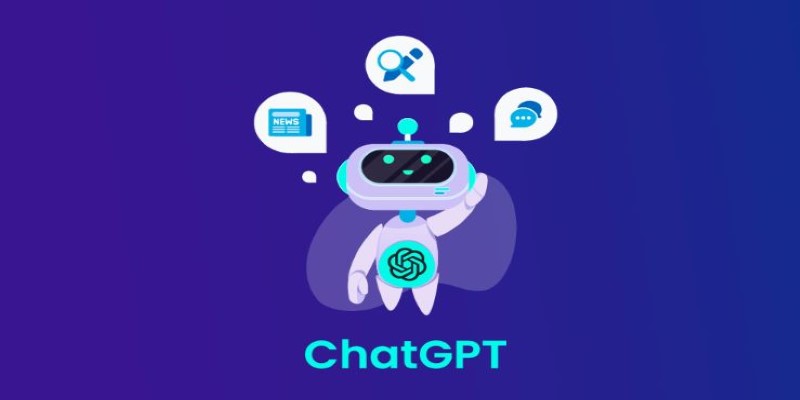
A likely future is one where both are integrated into daily life in complementary ways. You might use ChatGPT to explain a medical condition, then follow up with a search engine to find a clinic near you. You might ask ChatGPT to suggest headlines for an article, then search for existing coverage to avoid repetition.
Search engines could become more interactive, borrowing from AI's conversational strengths. Meanwhile, AI tools like ChatGPT will probably become more transparent and connected, surfacing links, showing citations, and allowing users to trace answers back to the source.
The competition is less about one replacing the other and more about reshaping the balance between how we find and how we understand information.
ChatGPT isn’t poised to kill off search engines, but it is forcing them to adapt. It challenges the old search model by offering something more immediate, conversational, and user-centered. People no longer want just access to information—they want interpretation, guidance, and clear answers. ChatGPT delivers that in ways search engines never tried to. But for real-time data, wide-ranging results, and transparency, search still leads. The future probably belongs to systems that blend the strengths of both. As the web shifts toward AI-enhanced tools, the definition of "search" may change, but the need to explore and verify will remain.
Advertisement

Learn 8 effective prompting techniques to improve your ChatGPT re-sponses. From clarity to context, these methods help you get more accurate AI an-swers
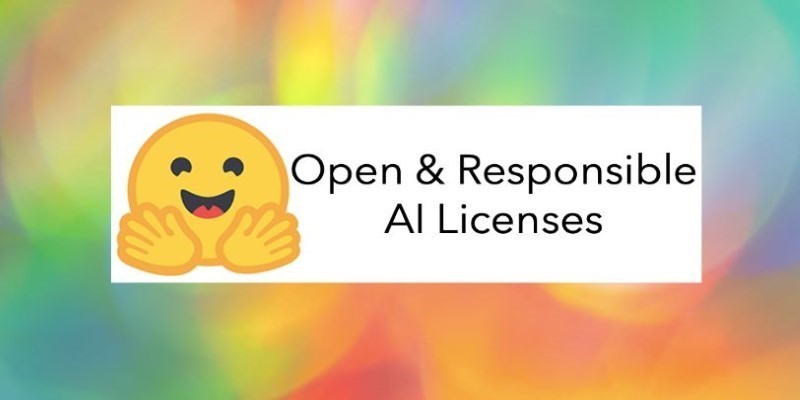
OpenRAIL introduces a new standard in AI development by combining open access with responsible use. Explore how this licensing framework supports ethical and transparent model sharing

From the legal power of emojis to the growing threat of cyberattacks like the Activision hack, and the job impact of ChatGPT AI, this article breaks down how digital change is reshaping real-world consequences

Oracle adds generative AI to Fusion CX, enhancing customer experience with smarter and personalized business interactions
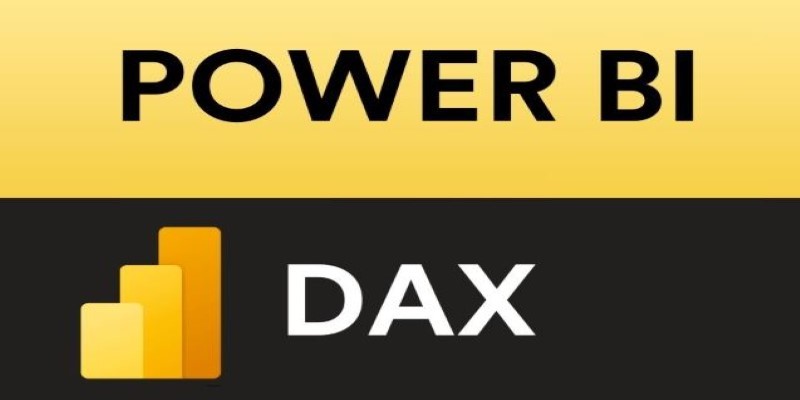
What DAX in Power BI is, why it matters, and how to use it effectively. Discover its benefits and the steps to apply Power BI DAX functions for better data analysis

A top Korean telecom investment in Anthropic AI marks a major move toward ethical, global, and innovative AI development
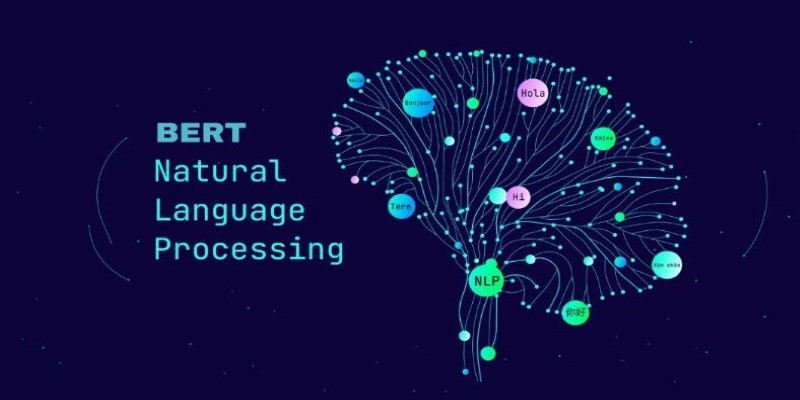
How the BERT natural language processing model works, what makes it unique, and how it compares with the GPT model in handling human language
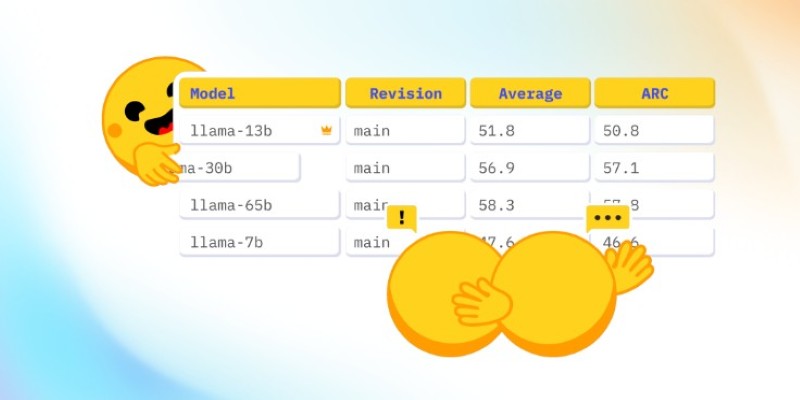
How CO₂ emissions and models performance intersect through data from the Open LLM Leaderboard. Learn how efficiency and sustainability influence modern AI development

Explore the journey from GPT-1 to GPT-4. Learn how OpenAI’s lan-guage models evolved, what sets each version apart, and how these changes shaped today’s AI tools
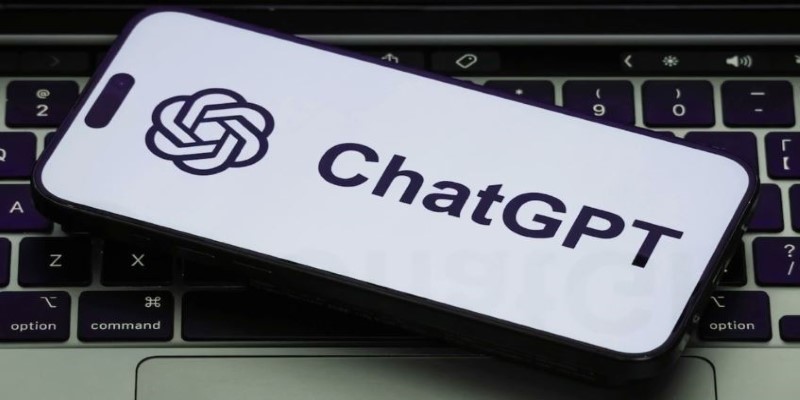
How to enable ChatGPT's new beta web browsing and plugins features using the ChatGPT beta settings. This guide walks you through each step to unlock real-time web search and plugin tools

Discover how ChatGPT can enhance your workday productivity with practical uses like summarizing emails, writing reports, brainstorming, and automating daily tasks
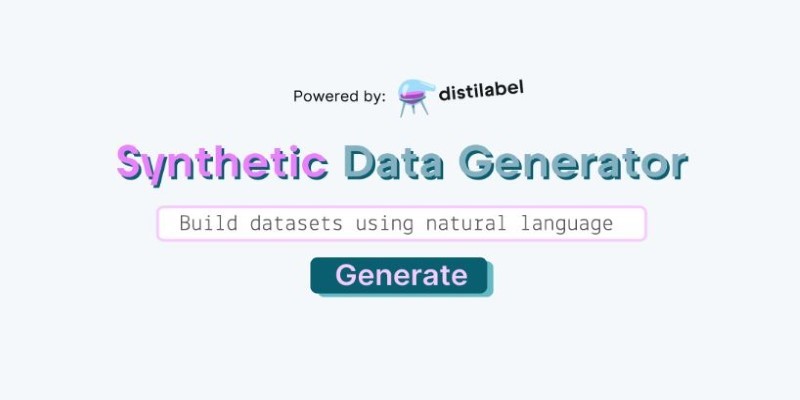
How a synthetic data generator can help you build training datasets using natural language. Speed up your AI development without writing code or using sensitive real-world data